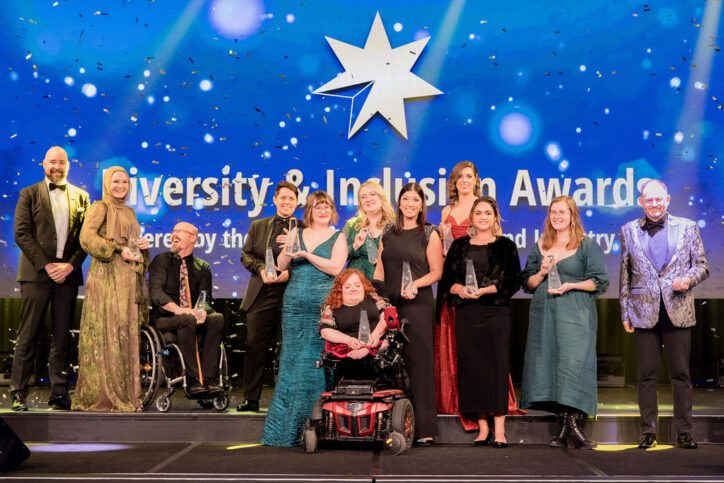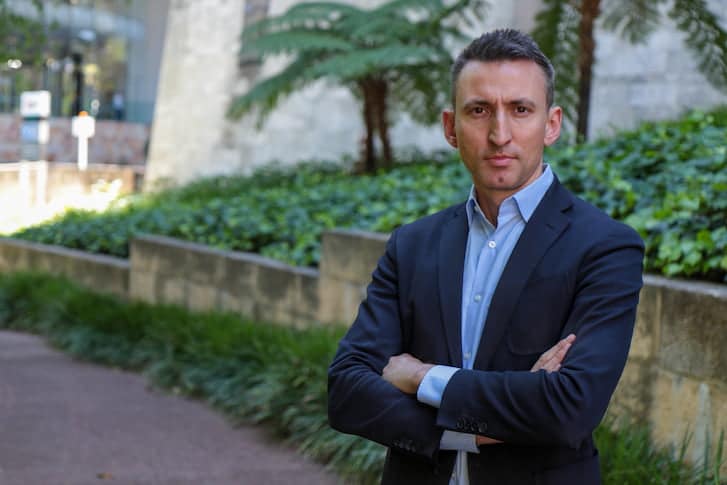Electric vehicles are the revolution Australia has been deaf to – and not just because they’re ultra-quiet on the road.
In the global push for zero carbon emissions, countries like China and Norway have embraced them wholeheartedly but momentum in Australia has been nominal.
China sold more than 600,000 electric vehicles last while in Norway 38 per cent of new cars were electric vehicles.
Sweden has recently built an electrified road that charges electric vehicles as they are driven along it. And in April, 12 major cities – including London, Auckland, Paris, Los Angeles and Cape Town – promised to buy only zero-emissions buses from 2025.
In Australia, it’s currently a chicken-and-egg scenario. While there are 17 fully-electric models available in Australia from makers like Tesla and Nissan, there are very few fully-electric vehicles actually available for purchase because infrastructure isn’t comprehensive enough to recharge them.
On the flip side, charging stations aren’t being rolled out at every shopping centre carpark because there isn’t the demand. Last year, only 1000 of the 1,189,116 vehicles sold across Australian were fully electric.
However, the ball is starting to roll. A recent report by the Electric Vehicle Council detailed the estimated benefits of electric vehicle uptake by 2030. These include:
- estimated consumer savings of $1700 per annum in ownership costs
- $3.2 billion in economic benefits from investment in charging infrastructure
- 13,400 new jobs
- improved fuel security and
- reducing CO2 emissions by 18 million tonnes.
In 2010, the RAC started the nation’s first ‘electric highway’. It has since installed 12 charging stations between Perth and Augusta, with each station able to charge a car battery from zero to 100 per cent in 30 minutes.
The WA State Government also recently signed the first electric vehicle Memorandum of Understanding with state governments in South Australia and ACT as well as the city councils of Adelaide and Hobart to investigate how to cater for electric vehicles.
The Electric Vehicle Council’s CEO Behyad Jafari says some of the stagnation in Australia is caused by initial confusion that electric vehicles are one of a range of new technologies that may or may not take off.
“Our message to them is actually the decision is well and truly made – this is the future of the road transport sector,” he says.
“All the benefits from transitioning from internal combustion engines to electric vehicles are societal – it improves public health, it reduces CO2 emissions, it reduces noise pollution.
“Internationally, we’re seeing prices fall year on year and with the range of the societal benefits that the technology brings, governments have stepped in and said, ‘this is the direction we would like to head in’.”
Jafari is asking governments to help bridge the gap until electric vehicle sales reach five per cent of all new car sales.
“From zero to five per cent is quite hard and that’s why we look to governments and ask them to help us get to that mark,” he says. “Around that five per cent mark provides certainty for them.
“Once we hit that, they can step away and wind back any support because the investment interest takes over.”
Jafari and the council are lobbying for government support for infrastructure and possible incentives for consumers. But most importantly, he wants a coordinated approach to ensure a consistent and coordinated framework across Australia.
Charged up
Synergy Public Affairs and Corporate Communications manager Doug White says electric vehicles present opportunity for electricity providers.
“A key pillar for the future for many electricity generators and retailers around the world is to become the fuel supplier for the future transport sector and be ready for the transition to the electrification of transportation,” he says.
“Our current focus is to work with industry partners, such as Western Power, to evaluate what opportunities exist and what the business needs to do to be ready for the increased uptake of electric vehicles.
“We have worked closely with the Electric Vehicle Council of Australia to roll out charging plug infrastructure across regional areas in the SWIS (the South West electricity grid) and we are working closely with Western Power to identify opportunities that will benefit the state.”
Powering ahead
In addition to the electric highway, RAC is trialling fully electric and driverless shuttle buses and cars as well as adding them to its fleet.
It has called on the Government to plan for and support the provision of infrastructure, including the expansion of public charging facilities.
“We’re also eager for Government to actively consider and potentially trial a range of incentives that would make electric vehicle ownership more viable and appealing,” says RAC Executive General Manager Advocacy and Members, Patrick Walker.
Walker says a very topical issue is how electric vehicle owners will be charged for their road use, which currently occurs via an excise on fuel.
“It is very important that any reform to fuel excise occurs as part of a broader review of the numerous taxes and charges paid by motorists to multiple levels of government and this review should extend to how the revenue is allocated across the nation – and back to WA – for reinvestment in transport networks,” he says.
“Historically, on average, only about 28 cents of every dollar collected by the Federal Government from WA motorists has been returned to the State for investment in roads.”
A Western Power spokesperson says the utility was keen to continue the conversation with the community, businesses and government to manage peak demand for recharging with available supply.
Hydrogen power
Not all electric vehicles need charging. Hydrogen fuel cell technology is finally maturing and could prove to be a viable alternative to internal combustion engines – and its only by-product is water.
Perth was one of the first cities in the world to investigate the technology when the State Government trialled three hydrogen fuel cell buses in 2007. But interest has been subdued.
The technology uses pure hydrogen to create electricity, avoiding the need for any recharging. Currently, there are only three brands globally with hydrogen fuel cell cars in the marketplace – Toyota, Hyundai and Honda.
Only Toyota and Hyundai have hydrogen cars in Australia, but they are not yet for sale.
►At CCI we know that helping business work helps West Australians work. Talk to our Membership team today on 1300 422 492 about how we can help grow and support your business.






